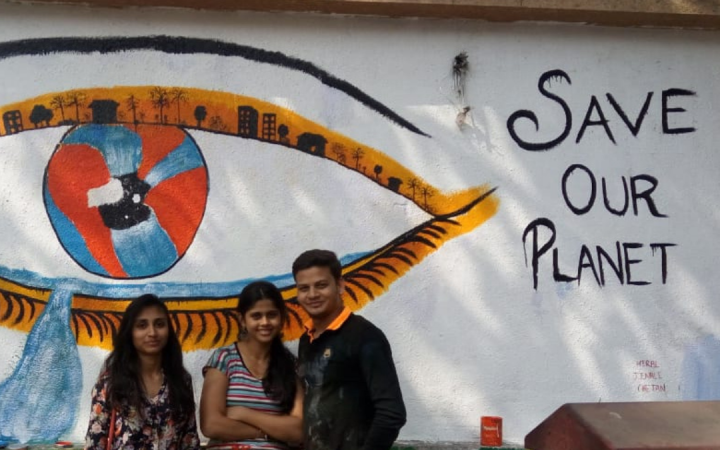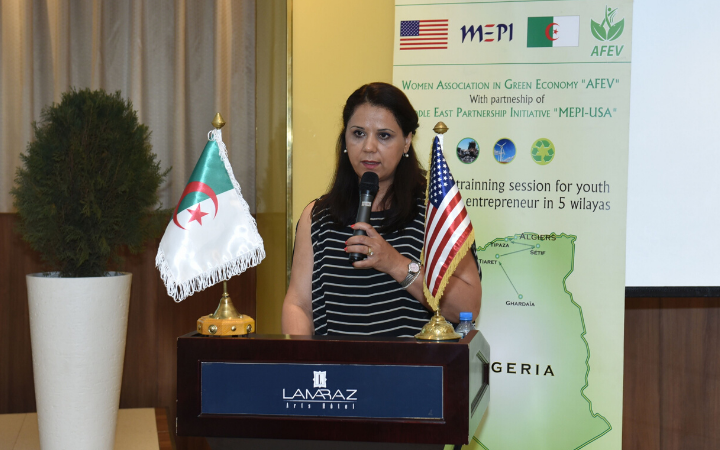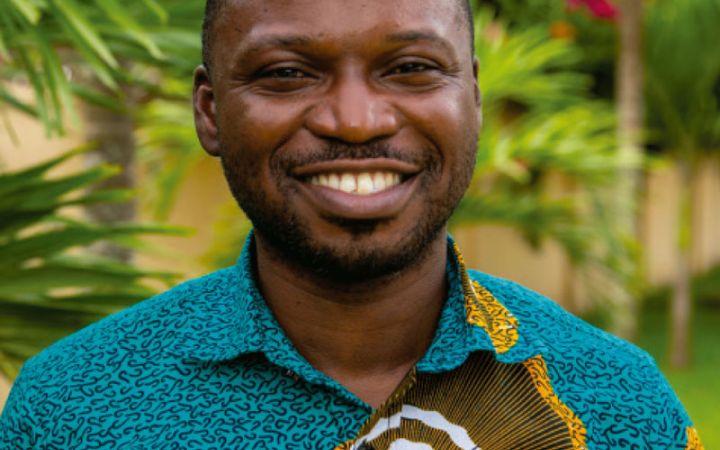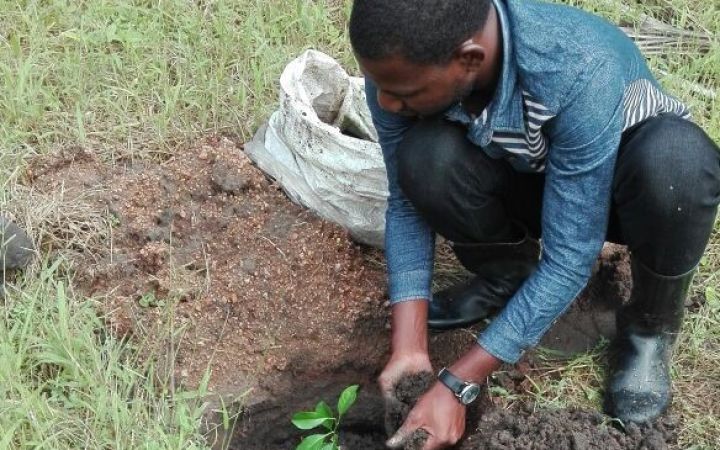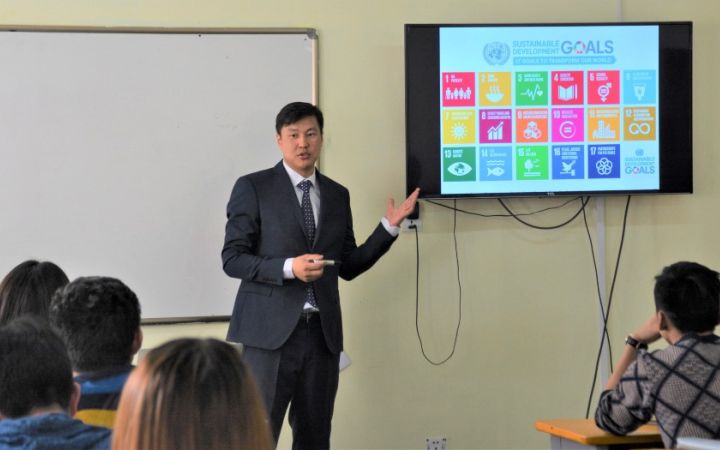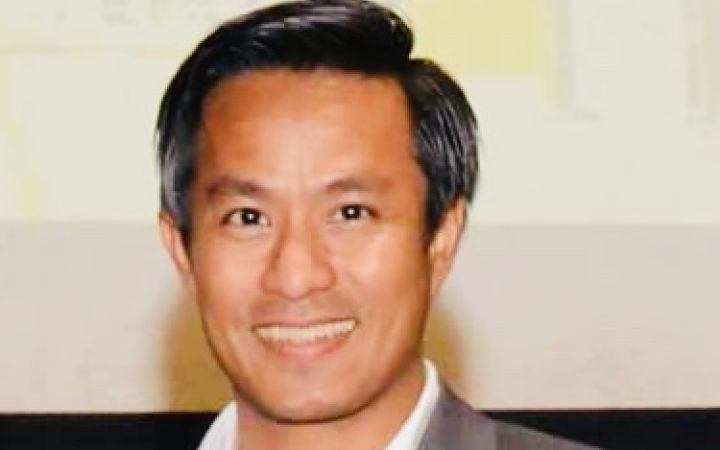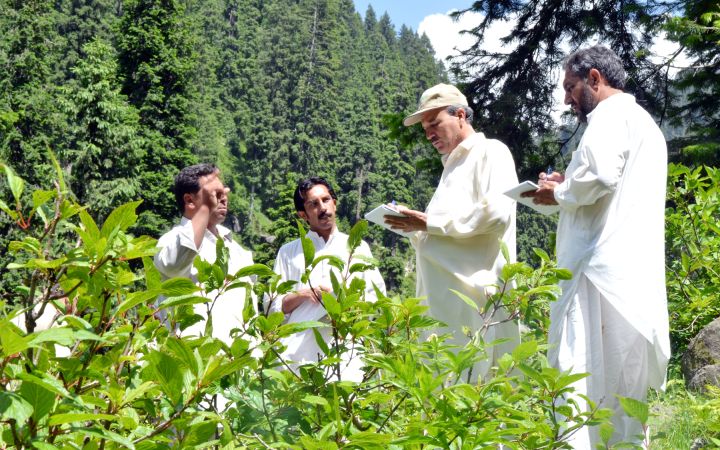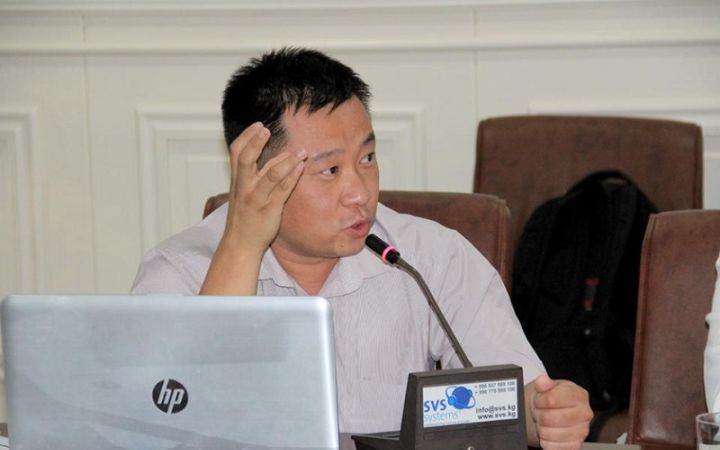Displaying 11 - 20 of 32
"We were stranded in the school, unable to move anywhere because the streets were submerged, and many people lost their lives. It is caused by Coral abstraction and cutting mangroves, but climate change is making the problem even worse".
The Partnership for Action on Green Economy (PAGE) is a joint mechanism between five UN agencies, of which the United Nations Institute for Training and Research (UNITAR) is one. Hosted and led by the United Nations Environment Programme (UNEP), PAGE aims to help Member States embark on a greener and more inclusive growth trajectory by putting sustainability at the heart of economic policies and practices to advance the 2030 Agenda for Sustainable Development.
Pollutant Release and Transfer Registers (PRTRs) are effective tools for the collection and dissemination of data on emissions and transfers of a determined list of chemicals. The availability of this information can help policy-makers to identify the source of chemical pollution in the country to make informed decisions on how to best remediate degraded environments and enact policies related to the sound management of chemicals.
"The activities of the project that EPA, UNDP and UNITAR have supported has significantly increased the priority given to mercury management in Ghana."
The National Adaptation Plans (NAP), coordinated by the United Nations Framework Convention on Climate Change (UNFCCC), aim to reduce vulnerability to the impacts of climate change, by building adaptive capacity and resilience. It further facilitates the integration of climate change adaptation, in a coherent manner, into relevant new and existing policies, programmes and activities.
Once industrial facilities start to introduce and submit their PRTR, they will be much more aware of their pollution and emissions and consequently more interested in investing in greener technologies for their facilities, which contributes to sustainable development.
The green economy concept in Mongolia connects heavily to the herding communities, where natural resources (pastureland and water) and the environmental challenges, and human development are the key areas of the ‘green changes’.
The course was very helpful for us, to calculate pollutants from landfills and other sources.
Being global citizens of the planet earth, let us join hand in hand to work individually and collectively to fight for global climate change issues. We must act today instead of thinking to do it tomorrow.
“I developed the plan for measures to reform the fuel subsidy in Kyrgyzstan with the support of other participants and mentors of the GFR e-course. Now, it’s considered as the basis for real intervention and proposed to be included in the next phase of the country development programme in Kyrgyzstan.”


